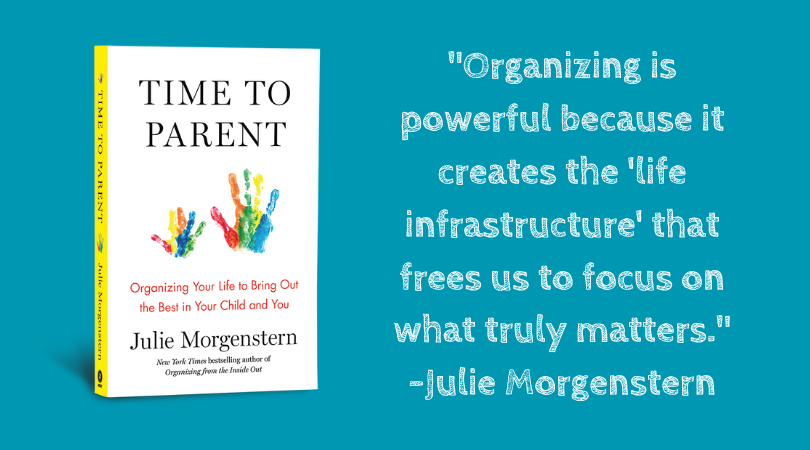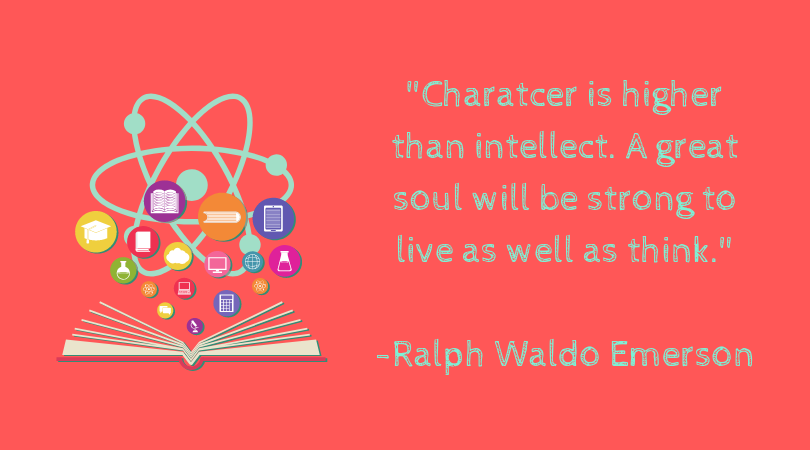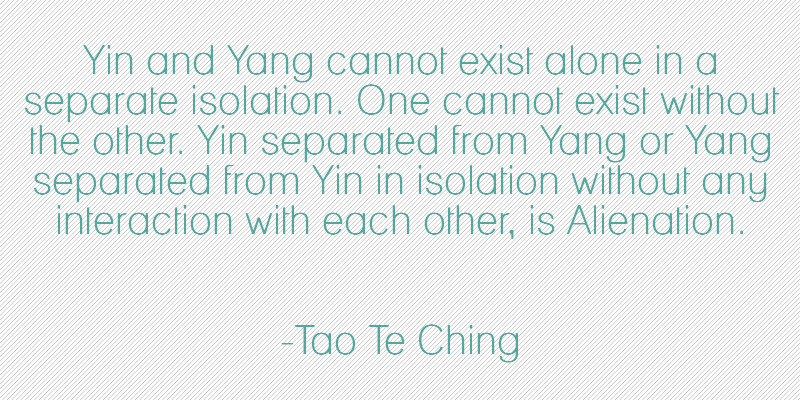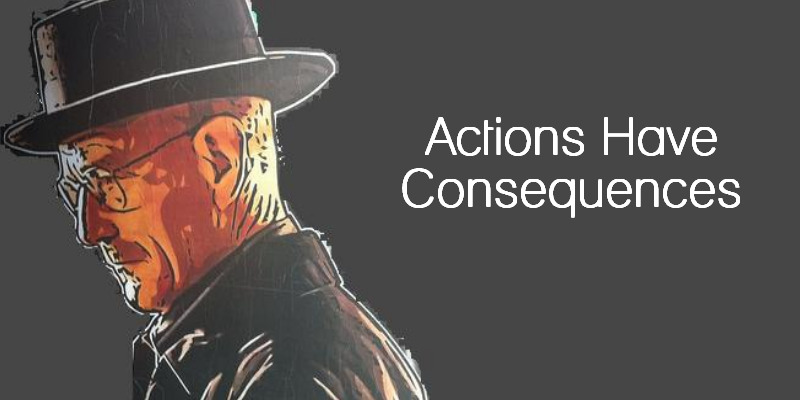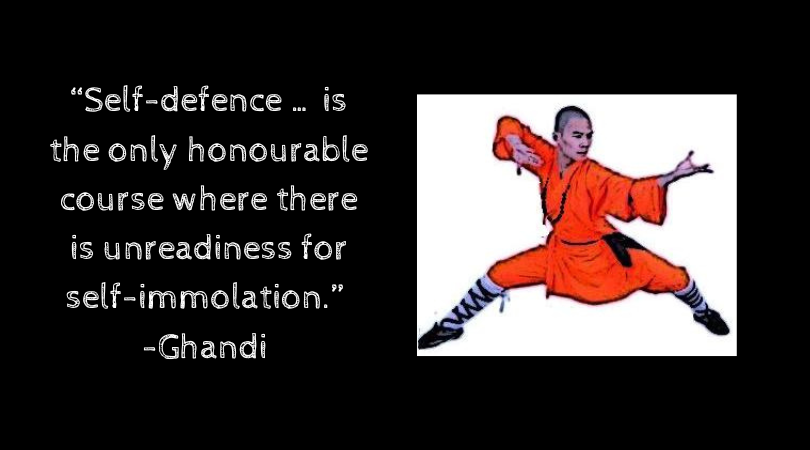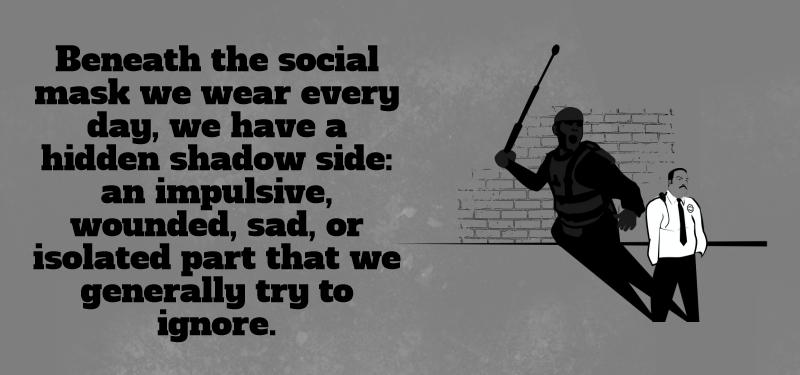In last month's post, I described how I had to take a hiatus from blogging during 2014-2015 around the birth of my first child. I simply couldn't figure out how to get enough time to work on the blog. As I learned over the years, the good news is that you can still manage your time well once you have children, you just have to become much more strategic about it, and that is what Time to Parent is about. The book, by professional organizer and productivity consultant Julie Morgenstern, is a blessing for parents, and I highly recommend it.
Time to Parent is unlike anything I have read before, as Morgenstern organizes life as a parent into two main categories, "Raising a Human Being," and "Being a Human Being," each with four essential quadrants which represent how we should be spending our time. Parents are often stressed about the busyness in their lives and how to meet their child’s needs along with all the other demands of life. I honestly think this book helps to take much of that stress away. Read on for my full review:

